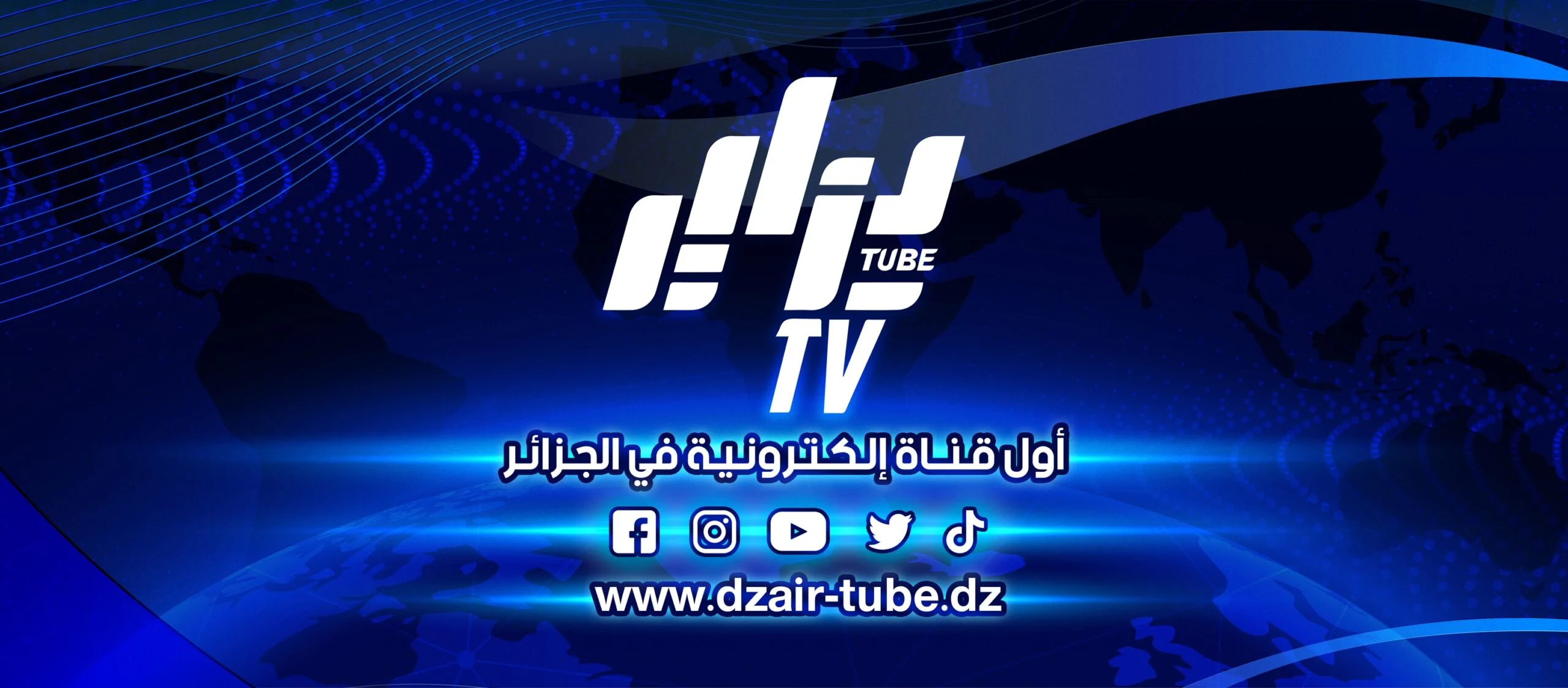Africa’s Health Sovereignty: President Tebboune Reaffirms Algeria’s Central Role
✍️ BY: Dr. Hana Saada
Algiers – November 2025 – Underlining a strategic vision that marries industrial capacity with continental responsibility, President Abdelmadjid Tebboune has affirmed Algeria’s central place in Africa’s quest for health sovereignty. The World Health Organization’s selection of Algiers to host the inaugural African Ministerial Conference on Local Production of Medicines and Health Technologies is, in the President’s words, a validation of Algeria’s leadership—rooted not in rhetoric but in measurable industrial transformation and policy reform.
Speaking through Prime Minister Sifi Ghrieb at the opening of the conference at the Abdelatif-Rahal International Conference Centre, Tebboune placed Algeria’s pharmaceutical advance at the heart of a broader continental imperative. The gathering, attended by government officials, senior state dignitaries, representatives of national and international organisations, the African diplomatic corps accredited to Algeria, and ministers and industry delegates from over fifteen countries, underlined the political gravity of a summit meant to reconfigure Africa’s health industrial base.
Tebboune’s argument is grounded in empirical weight. Algeria today hosts more than one third of Africa’s pharmaceutical production capacity: of some 649 pharmaceutical factories on the continent, roughly 230 are located in Algeria, and additional projects remain under development. This concentration is no accident; it follows a deliberate strategic choice to elevate the pharmaceutical sector to the rank of a national priority—formalised, notably, by the establishment of a dedicated ministry in 2020. The result, Tebboune stresses, is a transformed industrial landscape capable of sustaining domestic needs and projecting supplies to neighbouring markets.
Most striking is the leap in local pharmaceutical coverage. Thanks to structural reforms—strengthened regulatory frameworks, investment facilitation, incentivised partnerships and bolstered research and development—Algeria’s national coverage of medicines produced domestically now exceeds 80 percent. This domestic self-reliance is already paired with a renewed export orientation toward African markets, signalling a shift from dependency to regional supply leadership.
For President Tebboune, the stakes transcend national pride. He framed local production of medicines, vaccines, medical devices and critical inputs as an urgent and sovereign priority for the continent. It is “inconceivable,” he argued, that Africa—despite its wealth and human capital—should remain almost entirely dependent on external suppliers for essential health needs. The recent disruptions to global supply and financing chains, amplified by geostrategic shifts, underscore the vulnerability inherent in such dependence and the imperative to build resilient, local manufacturing capabilities.
The timing of the conference also invites reflection on Algeria’s wider continental engagement. Tebboune drew a line between this meeting and the country’s successful hosting of the 4th Intra-African Trade Fair in early September, an event he said culminated in commercial contracts and investment partnerships that will benefit African populations. He positioned the Algiers conference within the African Union’s Agenda 2063, asserting that it will accelerate the implementation of the African Pharmaceutical Industry Strategy and help secure the continent’s supply of medicines, vaccines and health technologies.
Beyond statistics and strategy, Tebboune reaffirmed Algeria’s enduring commitment to African solidarity and regional integration. He expressed the hope that the conference would produce a decisive turning point: the Declaration of Algiers, a charter to steer concrete partnerships and policy measures that guarantee Africans the rights to medicines, health and development. Such a declaration, he suggested, should lay the institutional and cooperative foundations necessary for Africa to produce its own pharmaceuticals, protect the health of its children, and assert genuine sovereignty.
The President’s message is clear and uncompromising: achieving health sovereignty is not a peripheral objective but a central pillar of national and continental security. The path he outlines is institutional and programmatic—regulatory reform, investment incentives, industrial scaling, research support and regional cooperation—each element essential to convert ambition into capacity.
If the Algiers conference is to mark more than symbolic consensus, it must translate declarations into implementable frameworks: financing mechanisms that de-risk local manufacturing; harmonised regulatory standards that enable economies of scale; transfer and diffusion of technology; workforce development; and regional procurement strategies that sustain nascent industries. Algeria’s own experience—substantive industrial build-up, high domestic coverage and an outward-looking export posture—offers a working model. The challenge for the continent is to replicate and scale such models within a cooperative African architecture.

📡🌍 | About Dzair Tube Media Group | 🌍📡
━━━━━━━━━━━━━━━━━━━━━━━━━━━━━━━
📰 Dzair Tube is a trailblazer in Algerian digital journalism, delivering high-quality content in Arabic, French, and English. With more than 📈 500,000 daily clicks, it ranks among the most influential media platforms in the country.
🏆 Awarded the President of the Republic’s Prize for Professional Journalist in the Electronic Press category (🗓 October 22, 2022), Dzair Tube is widely recognized for its editorial excellence and integrity.
📱 Massive Digital Reach:
🔴 350,000+ YouTube subscribers
🔵 6 million+ followers across Facebook pages
📸 70,000+ Instagram followers
🎥 Operating from state-of-the-art studios, Dzair Tube broadcasts rich and diverse programming, including:
🗞 News | ⚽ Sports | 🎭 Entertainment | 🕌 Religion | 🎨 Culture
🗣️ Featuring interactive talk shows and exclusive interviews with prominent figures from politics, business, arts, and more, Dzair Tube serves as a key platform for public discourse and civic engagement.
📰 Its print sports daily, “Dzair Sport,” enjoys over 50,000 daily downloads via the official website—further cementing the platform’s multimedia leadership.
🎖️ Honored with the Media Leadership Award by the former Minister of Communication, Mohamed Laâgab, and celebrated at the Hilals of the Television awards, Dzair Tube continues to lead with innovation, influence, and impact.
━━━━━━━━━━━━━━━━━━━━━━━━━━━━━━━
🌐 Stay Connected:
🔗 Website: www.dzair-tube.dz
🔗 English: www.dzair-tube.dz/en
📲 Follow us on Facebook | Instagram | YouTube
━━━━━━━━━━━━━━━━━━━━━━━━━━━━━━━




